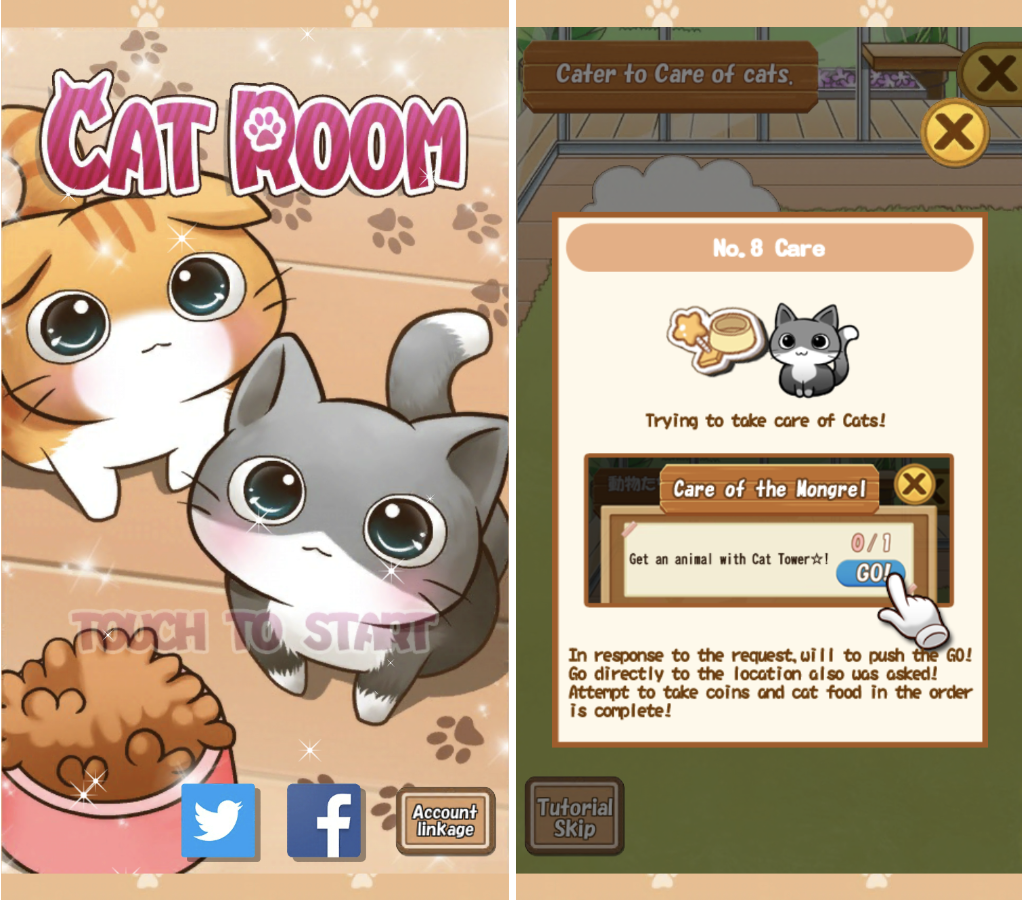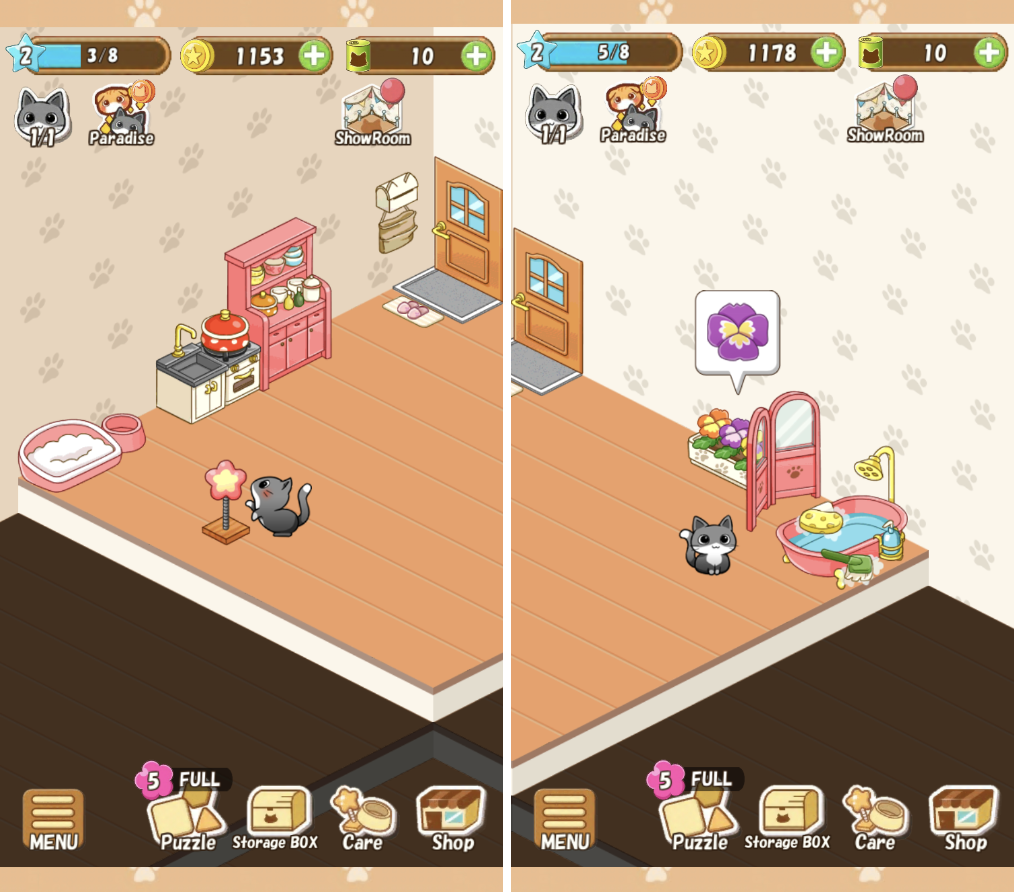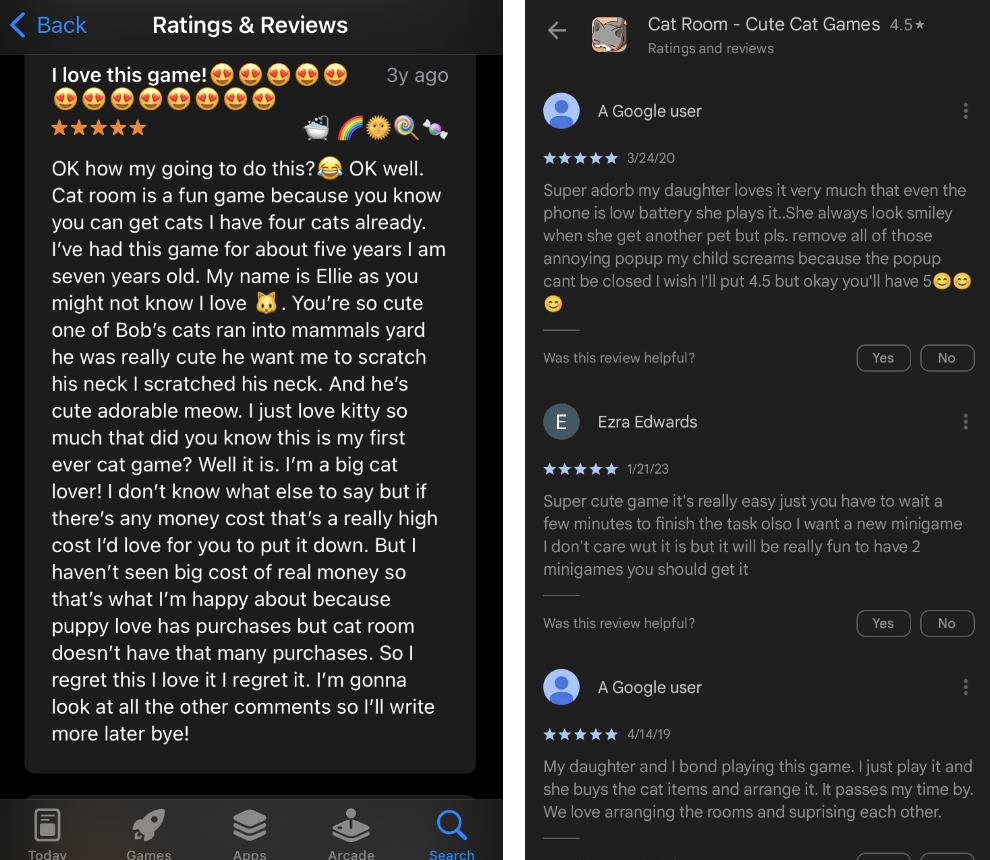
Welcome to Pixalate’s CTV & Mobile App Manual Reviews According to COPPA, a series containing the detailed factors the Trust & Safety Advisory Board educators used to assess an app’s child-directedness.
The educators manually review thousands of mobile apps available in the Google Play & Apple App Stores as well as connected TV (CTV) apps from the Roku Channel Store and Amazon Fire TV App Store using the COPPA Rule factors shown below & make those results available to the public at ratings.pixalate.com.
This post takes a look at a game which is available from the Google Play & Apple App Stores. Our reviewer discusses how the subjective factors set forth in the COPPA Rule apply to the app and factor into the reviewer's determination as to whether the app is child-directed or general audience (i.e., it is not targeting children).
The teacher will indicate the factors they relied upon in their assessment using the 10 factors shown below that reflect the 10 child-directed factors in the COPPA Rule.

Cooking Diary is a game that allows players to work in a restaurant, cooking up burgers and other meals for hungry customers. The players must balance cooking, plating, and serving the customers in a timely manner in order for the restaurant to succeed. As the levels are passed the “diary” part of the game unfolds. The diary entries tell the story of the player’s grandfather passing down the restaurant, a rival chef, and additional characters. The inclusion of a diary and the storyline makes this game more appealing to children than some of the competing cooking apps.
and
The animations in this game are appealing to children and adults alike. The animated characters are refined and not necessarily child-focused animations. Players are able to customize an avatar at the start of the game with a variety of options for hairstyles and clothing. The restaurant itself is brightly colored and the animated customers mill around the restaurant throughout the gameplay. The diary contains a mixture of text, illustrations, and doodles that are appealing to children.
Elevator-style music plays in the background, not particularly geared toward any specific audience. Characters in the game make nonsensical sounds, such as cheers or grunts of disapproval. Incentive chimes are played as players earn coins and upgrade items.
Just as in a real restaurant, a profit is made by selling food to customers. The quicker the service, the happier the customers and the more coins are earned. The coins can be used to upgrade the food, kitchen appliances, and restaurant decor. As certain levels are passed more upgrade options are available and the player can customize the restaurant to their liking. The game is also incentivized by learning more of the story as levels are passed.
After completion of each level confetti shoots across the screen, celebratory sounds are played, and the avatars jump and cheer. As players progress in the game they also earn the opportunity to open other types of restaurants in the town, balancing many different types of foods.
There is no advertising over the course of normal gameplay. However, optional video ads can be viewed to purchase upgraded restaurant items without spending coins. These ads are primarily for other mixed audiences and child-directed games.
and
Cooking Diary is rated 12+ in the Apple App Store, E in the US Google Play Store, and PEGI 3 in the European Google Play Stores. The Apple App Store suggests “Frequent/Intense Profanity or Crude Humor” for the higher rating but I did not encounter this when playing the iPhone version.
App reviews indicate a mixed audience with reviews written by both adults and children.
Privacy
According to the privacy policy, which was last updated on August 29, 2023, the developer does not allow anyone under 16 to use their apps. However, there is no age gate in place to check the age of the users and restrict minors from playing. They do indicate that if they discover they have collected information from a child they will promptly delete the data.
Parents should also be aware that after reaching a certain level, players are able to join “guilds” where they can chat with other players. Joining a guild is incentivized and presented as an important part of gameplay. The joining of a guild is not restricted to players over 13 (as the developers do not collect any age information to know who is a minor), and younger players are able to fully access the chat feature.
Screenshots of Cooking Diary® Restaurant Game



Pixalate’s Trust and Safety Advisory Board was created to bring in individuals with experience using child-directed apps in the classroom to review and assess which apps are child-directed. This manual review process serves to quality check Pixalate’s automated review process. See our full methodology for more information.
Disclaimer
This blog post published by Pixalate is available for informational purposes only and is not considered legal advice. By viewing this blog post, the reader understands and agrees that there is no attorney-client relationship between the reader and the blog publisher. The blog should not be used as a substitute for legal advice from a licensed professional attorney in the applicable jurisdiction(s), and readers are urged to consult their own legal counsel on any specific legal questions concerning any specific situation. The content of this blog post reflects Pixalate's opinions with respect to factors that Pixalate believes may be useful to the digital media industry. Pixalate's opinions are just that, opinions, which means that they are neither facts nor guarantees; and this blog post is not intended to impugn the standing or reputation of any entity, person or app, but instead, to report findings pertaining to mobile and Connected TV (CTV) apps.
*By entering your email address and clicking Subscribe, you are agreeing to our Terms of Use and Privacy Policy.
These Stories on Mobile
*By entering your email address and clicking Subscribe, you are agreeing to our Terms of Use and Privacy Policy.

Disclaimer: The content of this page reflects Pixalate’s opinions with respect to the factors that Pixalate believes can be useful to the digital media industry. Any proprietary data shared is grounded in Pixalate’s proprietary technology and analytics, which Pixalate is continuously evaluating and updating. Any references to outside sources should not be construed as endorsements. Pixalate’s opinions are just that - opinion, not facts or guarantees.
Per the MRC, “'Fraud' is not intended to represent fraud as defined in various laws, statutes and ordinances or as conventionally used in U.S. Court or other legal proceedings, but rather a custom definition strictly for advertising measurement purposes. Also per the MRC, “‘Invalid Traffic’ is defined generally as traffic that does not meet certain ad serving quality or completeness criteria, or otherwise does not represent legitimate ad traffic that should be included in measurement counts. Among the reasons why ad traffic may be deemed invalid is it is a result of non-human traffic (spiders, bots, etc.), or activity designed to produce fraudulent traffic.”

